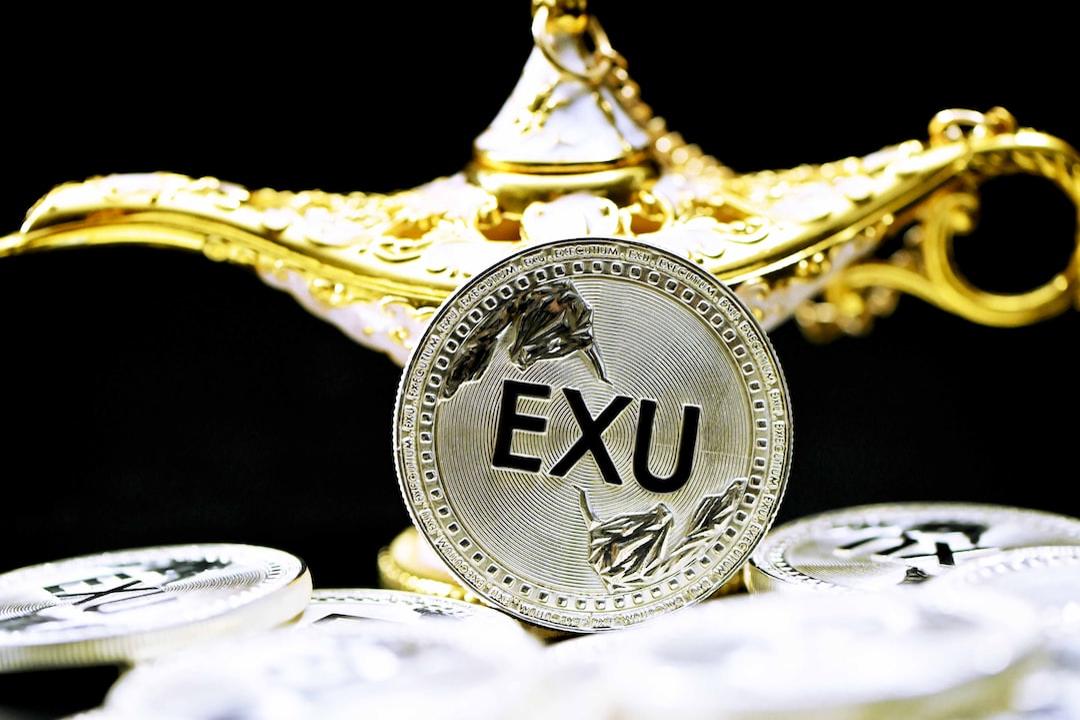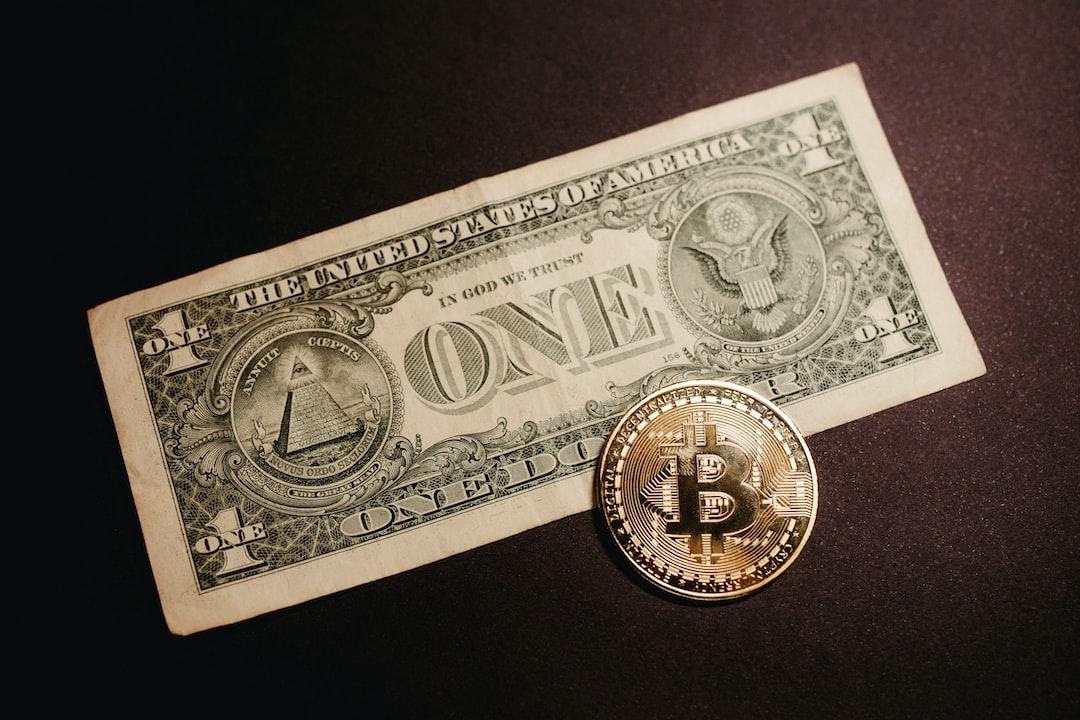
With more and more traditional financial institutions exploring cryptocurrencies and blockchain technology, the boundaries between industries are gradually blurring. Lennix Lai, Global Business Director of OKX, shared his profound insights on how blockchain technology is impacting traditional finance in an interview with Sangbi District during Taipei Blockchain Week. He also discussed his views on the development of web3 in Hong Kong, how to maintain a leading position, OKX’s product strategy, and its layout in the Taiwan market.
Table of Contents
Toggle
Financial Innovation of Blockchain Technology
Maintaining a Leading Position in the Cryptocurrency Field
OKX’s Product Strategy
Hong Kong’s Regulatory Measures to Serve as a Reference Model for Other Countries
Localization Market Strategy and Layout in Taiwan
Financial Innovation of Blockchain Technology
During the interview, Lennix Lai mentioned many advantages of the integration of traditional finance and blockchain. Firstly, Lennix pointed out that blockchain technology significantly reduces costs for traditional finance, especially in cross-border remittances:
Lennix Lai then discussed the widely recognized “tokenization” that traditional institutions are focusing on. He believes that the biggest advantage of tokenization is the significantly lowered entry barrier for users. In addition, tokenization allows traditional financial instruments to enter the realm of crypto finance, leveraging the benefits of blockchain composability. For example, tokenized government bonds can be used as collateral for lending. Tokenized assets are also more liquid than traditional assets and can become globally circulating assets.
Currently, we can see many blockchain-related pilot projects led by traditional institutions, but there are not many applications in the market. Lennix Lai believes that the main reason for this is compliance. After assets are tokenized, the financial operations derived from them may exceed compliance boundaries. For example, financial products originally only available to institutional investors become held by retail investors after tokenization. Know Your Customer (KYC) and Anti-Money Laundering (AML) requirements for participants in tokenized assets are the “main challenges” for traditional finance adopting blockchain technology. “Adoption requires government and large financial institutions to comply, as well as technological cooperation.”


Lennix Lai, Global Business Director of OKX, participating in a panel discussion titled “Exchanges and the Global Economy: Trends, Risks, and Opportunities” during Taipei Blockchain Week.
Maintaining a Leading Position in the Cryptocurrency Field
The volatility of cryptocurrencies last year highlighted the risks exposed by the cryptocurrency industry in an unregulated market environment, especially the issue of fund misappropriation by FTX, which led users to have doubts about cryptocurrency platforms. Some users even tend to choose exchanges supported by large financial institutions or brokers that offer cryptocurrency trading services. Traditional finance is gradually showing its attempt to capture the cryptocurrency market, including the launch of the highly anticipated Bitcoin ETF. In the face of this trend, how cryptocurrency-native trading platforms like OKX can maintain their leading position becomes an issue.
Lennix Lai believes that whether it is an exchange, investment bank, or asset management company, they will launch more cryptocurrency-related financial products to provide to their customers and gradually enter the cryptocurrency field. However, he stated, “We haven’t seen this trend very clearly yet” in terms of whether they currently pose direct competition.
Despite the potential threats posed by traditional finance, centralized exchanges (CEX) like OKX still have many advantages that are difficult to shake. Besides their trading businesses, Lennix mentioned that CEX also participate in many cryptocurrency-native ecosystems, including the construction of public chains and information technology. Although traditional institutions are expected to incorporate cryptocurrencies into their business sectors in the visible future, introducing this new asset class into their financial products such as ETFs and private equity funds, there will still be a significant gap in services and features between the two sides for a certain period of time.
OKX’s Product Strategy
Recently, Binance launched its own Web3 wallet. However, prior to this, OKX was one of the few exchanges that had already introduced wallet functionality. We also noticed that OKX’s Web3 wallet is particularly favored by the community, and some users have started to explore the decentralized world using the OKX wallet instead of their original hot wallet apps, especially hunters who frequently engage in on-chain interactions and airdrops.


Facing competition from major exchanges joining the Web3 wallet trend, Lennix Lai stated that although this service is not the main revenue stream for exchanges, Web3 wallets are the main path to “breaking down the barriers between Web2 and Web3” and an important entry point to connect users with the world of cryptocurrencies.
OKX hopes to make these types of products as easy to use as email addresses, allowing users to seamlessly connect with over 20 public chains and thousands of decentralized applications (dApps). Additionally, Lennix believes that “OKX’s future growth engine is likely to be in the Web3 ecosystem.”
Hong Kong’s Regulatory Measures to Serve as a Reference Model for Other Countries
The Hong Kong government has embraced the digital asset industry in the past two years and gradually established regulatory requirements, including opening up cryptocurrency trading for retail investors this year and approving compliance license applications from several exchanges. As an early player in Hong Kong, OKX has also submitted relevant license applications.
When asked about the potential impact of Hong Kong’s embrace of Web3 on the Asia-Pacific region and even globally, Lennix Lai believes that this has become a very important reference standard. Currently, many countries’ regulations on cryptocurrencies only meet anti-money laundering requirements, while Hong Kong’s regulations are relatively comprehensive, mainly focusing on various requirements for institutions holding customer crypto assets, including insurance mechanisms, custody regulations, cybersecurity standards, and token listing conditions. Platforms are also required to have third-party audit reports.
Lennix believes that Hong Kong’s cryptocurrency regulation is suitable for reference by multiple countries. As a historically renowned financial center, many financial organizations are still operating traditional financial businesses there, making it “not easy for a very mature financial system.”
Regarding OKX’s specific plans in Hong Kong, Lennix Lai stated that the first step is to meet regulatory requirements and obtain licenses while enhancing their compliance level. Once compliant with Hong Kong’s and even global regulations, exchanges will be able to seamlessly connect with banks, cooperate with institutional funds, including settlement between cryptocurrencies and fiat currencies, and issue cryptocurrency-based structured products. Exchanges will also be able to engage in new businesses. Lennix envisioned many potential use cases, such as involving real-world assets (RWA) and listing tokenized assets.
Layout in Taiwan
Regarding its layout in the Taiwanese market, Lennix stated that as a global platform, OKX has gradually begun to cultivate local markets in multiple regions, with Taiwan being an important trial point for OKX’s localization market strategy. He pointed out that “the Taiwanese market indeed has a lot of users, and the crypto ecosystem is even bigger and more extensive than we imagined.” This includes a very comprehensive ecological industrial chain. Therefore, Taiwan is a very important market for OKX, and the exchange hopes to launch more activities tailored to the Taiwanese market in the future.


OKX is a sponsor of the 2023 Taipei Blockchain Week, and the image shows OKX’s exhibition booth.
Successful Conclusion of CoinEx Taiwan’s 7th Anniversary Celebration, Embracing the Arrival of the Web3 Era Hand in Hand with Users
Since its establishment in 2017, CoinEx has been a professional cryptocurrency trading pla…
